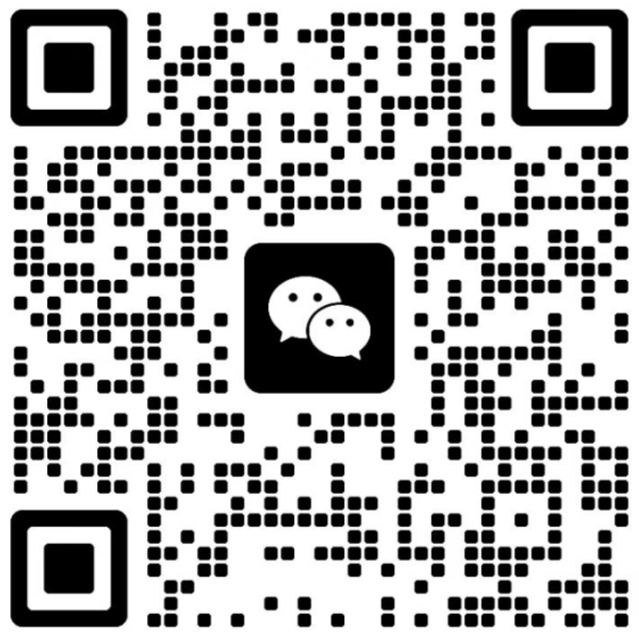Rubber-sheathed cable is a wear-resistant, oil-resistant, and flex-resistant cable product. Its insulation and sheathing are made of natural rubber, offering high-quality efficiency and practicality. Today, we'll share the differences between YC and YZ rubber-sheathed cables.
Where are YC and YZ rubber-sheathed cables commonly used?
Depending on the mechanical forces to which the cables are subjected and the product type, rubber-sheathed cables are categorized as lightweight, heavy-duty, and extra-heavy-duty. The models are YQ, YZ, and YC, respectively.
YQ lightweight rubber-sheathed cable: Generally used in small household appliances and large and small pneumatic industrial equipment, requiring flexibility, lightness, and good flexural properties.
YZ heavy-duty rubber-sheathed cable: In addition to industrial production grade, it is also widely used in agricultural electrification.
YC extra-heavy-duty rubber-sheathed cable: Mainly used in applications such as port machinery, lighting equipment, and large and small hydropower plant irrigation and drainage stations.
Rubber-sheathed cables offer high-quality practicality, with a comprehensive product range and specifications, and high-quality and stable performance.
What's the difference between YC and YZ rubber-sheathed cables?
YC, short for extra-heavy duty rubber-sheathed cable, is suitable for electrical appliances with an AC rated current of 450/750V or less, pneumatic tools, and various portable or light mobile electrical equipment. It can also be used for temporary construction on construction sites. The YC insulation is thick and can withstand very high mechanical forces. The long-term permissible operating temperature of the core should not exceed 60°C.
YC rubber-sheathed flexible cables are available in sizes: 10mm, 15mm, 25mm, 35mm, 50mm, 70mm, 95mm, 120mm, 150mm, 185mm, and 240mm. Core counts include: 2-core, 3-core, 4-core, 5-core, 3-core, 1-core, and 3+2-core. YZ, short for large and small rubber-sheathed cables, is suitable for connecting electrodes in agricultural electrification, various mobile appliances, and utility equipment with AC currents up to 300/500V. The YZ insulation is thin and can withstand significant mechanical forces.
YZ rubber-sheathed cable sizes include: 0.75mm, 1mm, 1.5mm, 2.5mm, 1mm, and 6mm. Core counts include: 2-core, 3-core, 4-core, 5-core, 3+1-core, and 3+2-core.
3. Different Models and Sizes
YC rubber-sheathed cables have sizes of 10mm, 16mm, 25mm, 35mm, 50mm, 70mm, 95mm, 120mm, 150mm, 185mm, and 240mm;
YZ rubber-sheathed cables have sizes of 0.75mm, 1mm, 1.5mm, 2.5mm, 4mm, and 6mm.
This concludes an introduction to YC and YZ rubber-sheathed cables. I believe everyone is familiar with their differences. The main difference between these two cables is their usage. YZ is a medium-duty rubber-sheathed flexible cable used for various mobile electrical appliances and tools, while YC is a heavy-duty rubber-sheathed flexible cable used for various mobile electrical equipment. It can withstand greater mechanical external forces. When the conductor cross-section is equal, the sheath thickness of YC is greater than that of YZ.

